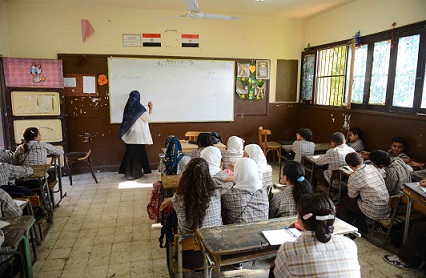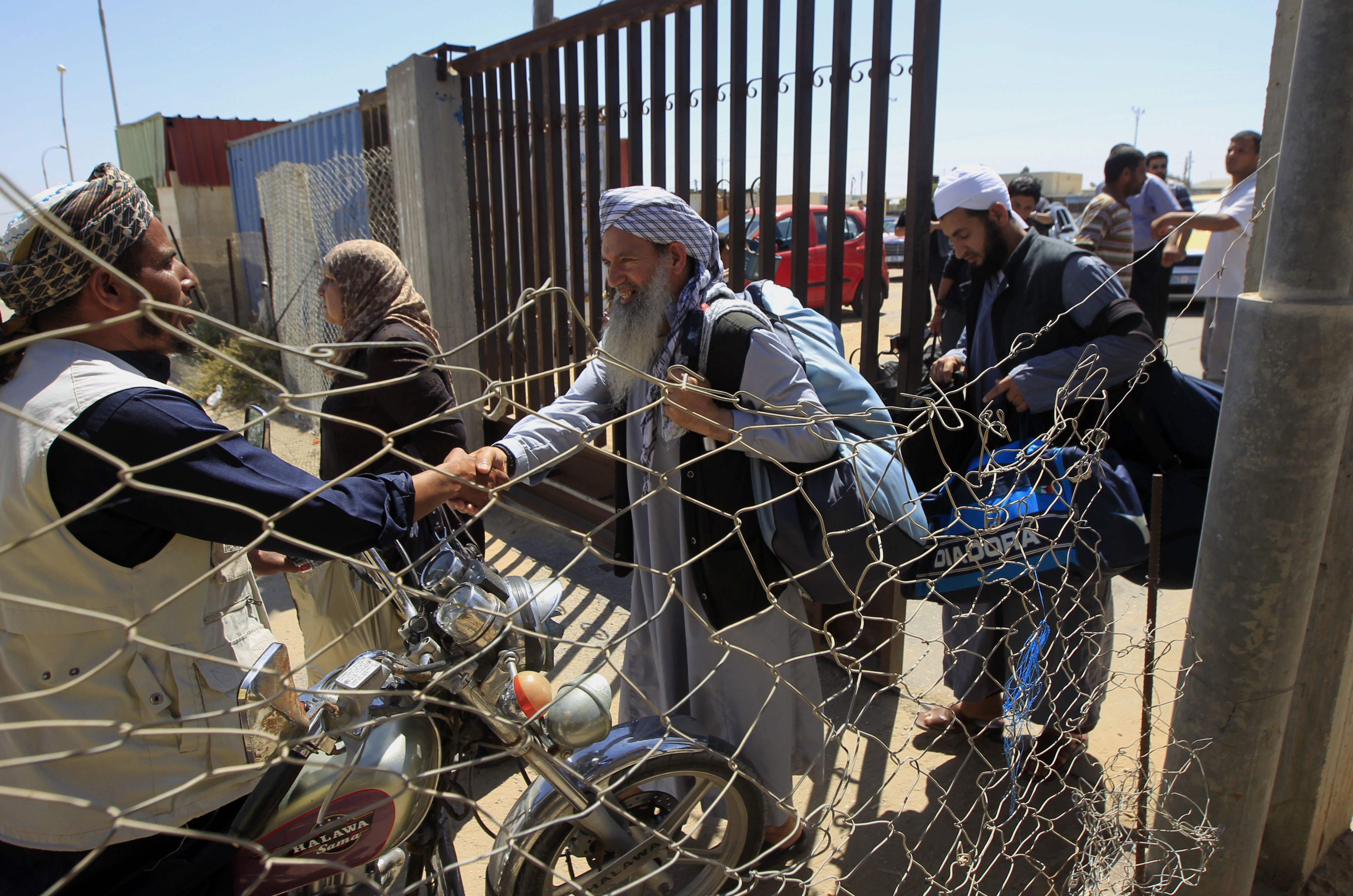Farida Megahed, the first undersecretary for the Education Ministry in Sharqeya, alerted schools that girls in different educational stages must not be forced to wear the veil, confirming that there is no law in Egypt obliging women to be veiled.
This comes following a complaint from families at Al-Naseriya school in Zagazig, reporting that the school director forced their daughters to wear the veil, as the director claimed that it is part of the school uniform.
Megahed recommended that the director should sign a document to confirm that this practice against students would not be repeated.
The ministry’s office in Sharqeya sent a committee to investigate the forced veiling case. After meeting with a student who was forced to wear a veil, the office confirmed that no one has the right to force girls to cover their hair without their approval.
Feminism movements, activists, and social media users were outraged by the director’s actions, advocating for the veil to be a personal choice. In a statement, the New Woman Foundation demanded that plans be put in motion to end forced veiling in schools.
Of course, this is not the first case of its type, as forced veiling is practised by some schools in Upper Egypt and by parents against their daughters. This practice, and various forms of discrimination against non-veiled women in Egypt, is still taking place despite state officials and religious figures stating that women should not be forced to wear a veil as it is a personal choice.
In October 2012, a teacher, who wore the niqab, at a school in Luxor cut the hair of two students as they were not wearing a veil.
The veil, or more specifically the hijab, covers a woman’s hair down to her chest. The Quran advises—or demands, depending on which religious scholar is asked—that Muslim women cover themselves in front of men who are not part of their immediate family.




